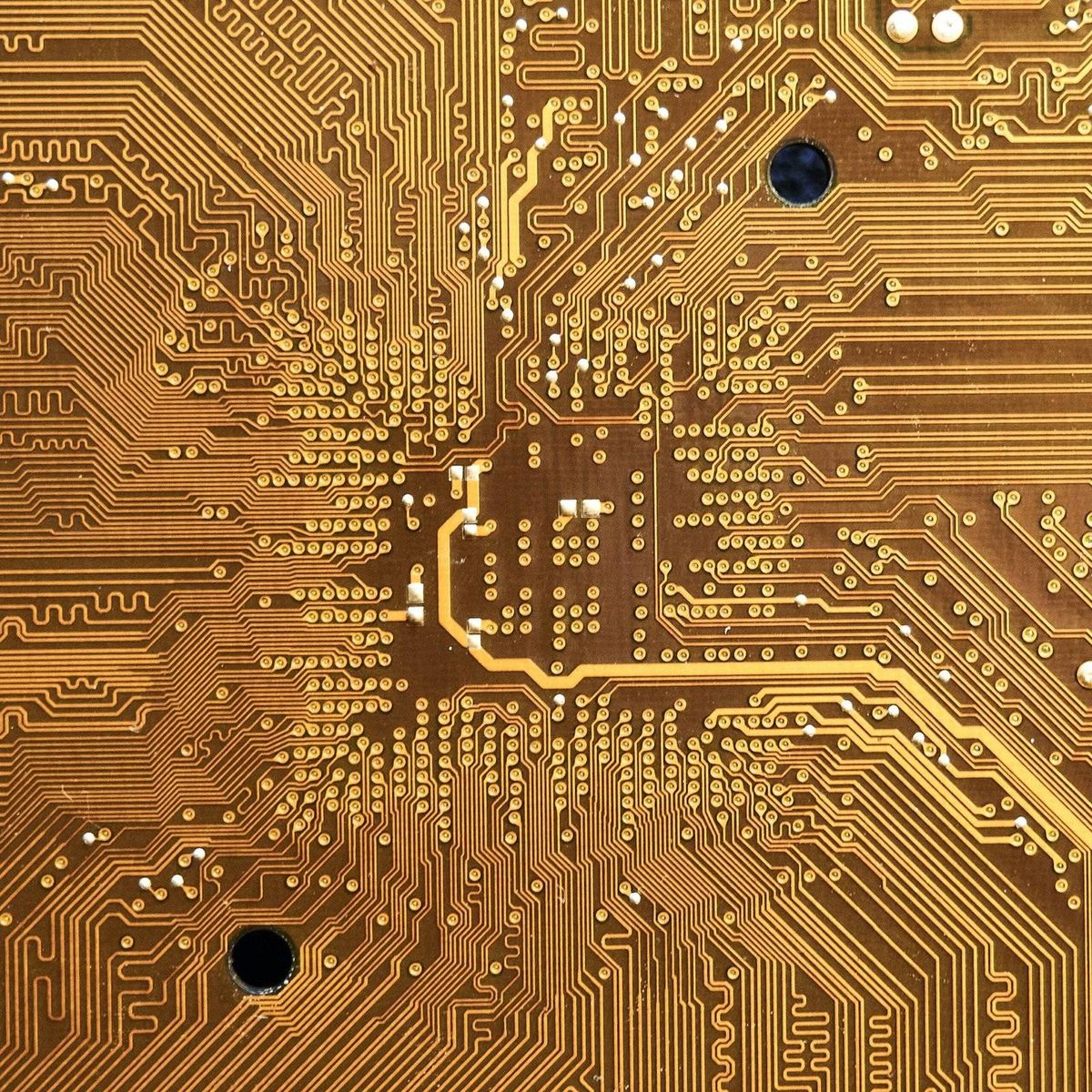As technology continues to advance at a rapid pace, new and innovative technologies are emerging that have the potential to revolutionize various industries and aspects of our lives. In this blog post, we will delve into three fascinating emerging technologies: quantum computing, brain-computer interfaces, and personalized medicine.
Quantum Computing
Quantum computing is a field that harnesses the principles of quantum mechanics to develop powerful computers capable of solving complex problems at an unprecedented speed. Unlike classical computers that use bits to store and process information, quantum computers use quantum bits, or qubits, which can exist in multiple states simultaneously. This allows quantum computers to perform calculations exponentially faster than their classical counterparts.
The potential applications of quantum computing are vast and wide-ranging. It could revolutionize fields such as cryptography, optimization, drug discovery, and weather forecasting. For example, quantum computers could break encryption codes that are currently considered unbreakable, leading to enhanced security measures. They could also accelerate the development of new drugs by simulating molecular interactions with higher accuracy.

Brain-Computer Interfaces
Brain-computer interfaces (BCIs) are technologies that establish a direct connection between the brain and an external device, allowing individuals to control computers or other devices using their thoughts. BCIs can be non-invasive, such as electroencephalography (EEG) headsets, or invasive, involving the implantation of electrodes directly into the brain.
The potential applications of BCIs are vast and diverse. They could enable people with paralysis to regain mobility by controlling robotic limbs or exoskeletons with their thoughts. BCIs could also revolutionize the gaming industry, allowing players to control virtual characters using their minds. Additionally, BCIs hold promise in the field of medicine, where they could be used to treat conditions such as epilepsy or help individuals with neurodegenerative diseases communicate.
Personalized Medicine
Personalized medicine, also known as precision medicine, is an approach to healthcare that takes into account an individual’s unique genetic makeup, environment, and lifestyle when diagnosing and treating diseases. It involves tailoring medical treatments to the specific needs of each patient, rather than adopting a one-size-fits-all approach.
Advancements in genomics and molecular biology have paved the way for personalized medicine. Genetic testing and analysis can provide valuable insights into an individual’s predisposition to certain diseases and their response to specific treatments. By understanding these factors, healthcare professionals can develop personalized treatment plans that are more effective and have fewer side effects.
The potential benefits of personalized medicine are significant. It can lead to more accurate diagnoses, improved treatment outcomes, and reduced healthcare costs. For example, by identifying genetic markers that indicate a higher risk of developing certain diseases, preventative measures can be taken to minimize the likelihood of disease progression.
Conclusion
Emerging technologies like quantum computing, brain-computer interfaces, and personalized medicine hold immense potential to transform various industries and improve our lives. While these technologies are still in their early stages, ongoing research and development are rapidly advancing their capabilities. As we continue to explore and understand these technologies, we can look forward to a future where the impossible becomes possible.
